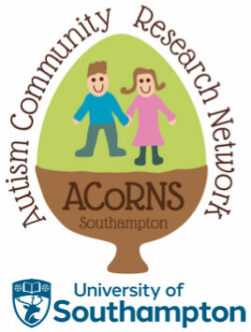
Lynn De La Fosse.
Doctorate in Educational Psychology.
Department for Education statistics show that children who are looked after have poorer academic outcomes than their non-looked after peers, including lower attainment in reading, writing, maths and science. Little research has looked specifically at the outcomes of looked-after children with additional needs. Children who are looked after are more likely to have special educational needs and / or disabilities (SEND) than non-looked after children. Of those, 2-3% of all looked-after children are estimated to have an autism diagnosis (Parsons, McCullen, Emery & Kovshoff, 2018).
Virtual Schools operate in every local authority to monitor and support the progress of all looked-after children in that local authority as if they attended one single school. My project aims to explore how Virtual Schools support looked after children with a diagnosis of autism. The present study will focus on the views and experiences of Designated Teachers, and the role they play in supporting looked-after children with autism. It will also explore the experiences of the looked after autistic children themselves, as they are significantly under-represented in the literature.
Two main research questions will be considered:
- How does a Virtual School operate to support looked after autistic children?
- How is the role of the Designated Teacher understood from the perspectives of the teachers themselves, and the LAC they work with?
I will be taking a qualitative research approach, carrying out semi-structured interviews with Designated Teachers and looked-after students with a diagnosis of autism in up to four Local Authorities in England. This project is supervised by Professor Sarah Parsons and Dr Hanna Kovshoff.
